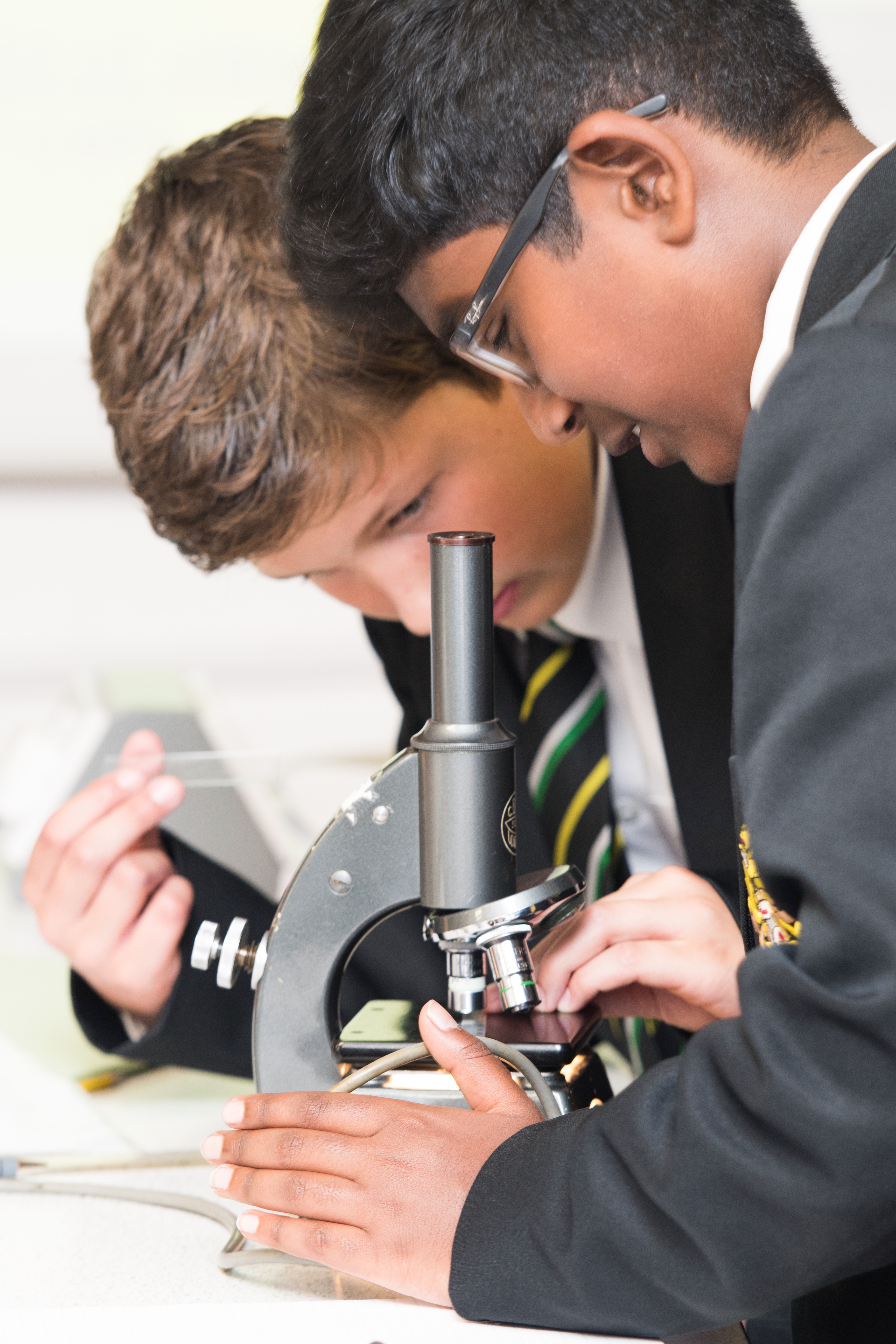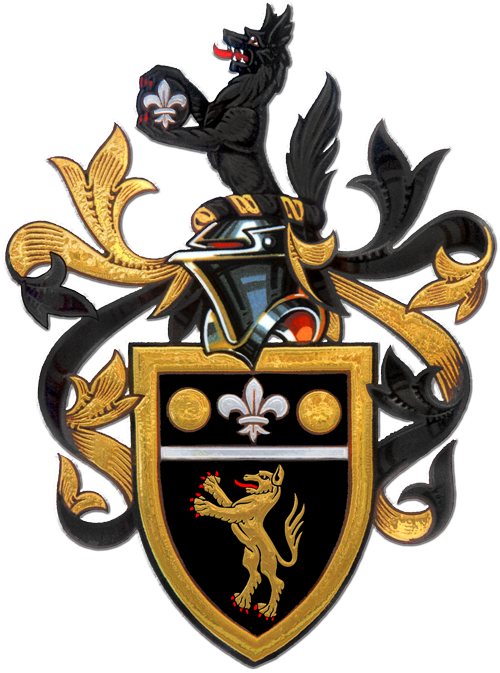Biology
Biology is taught as a separate subject from Year 9 onwards. It is a popular subject with more than 100 students studying Biology at A level. Many of these students go on to study biology related courses at university, the most popular being medicine and dentistry.
Our Staff
- Miss Anderson
- Dr Cook (Head of Department)
- Miss Henry
- Mr McLaughlin
- Miss Park
- Ms Qureshi
- Ms Sylvester
Key Stage 4
The programme of study covers all aspects of the KS4 national curriculum over three years.
Year 9
Topic 1 – Key concepts in biology
Topic 2 – Cells and control
Topic 3 – Genetics
Year 10
Topic 5 – Health, disease and the development of medicines
Topic 4 – Natural selection and genetic modification
Topic 6 – Plant structures and their functions
Topic 9 – Ecosystems and material cycles
Year 11
Topic 9 – Ecosystems and material cycles
Topic 7 – Animal coordination, control and homeostasis
Topic 8 – Exchange and transport in animals
We follow the Edexcel (9-1) Biology specification at KS4: Edexcel GCSE Biology (9-1)
Students complete a minimum of the eight mandatory core practicals. Their knowledge and understanding of these practical techniques and procedures is assessed in the written exams.
It is expected that the majority of students will follow the separate science route, receiving a separate 9-1 grade for each of the subjects Biology, Chemistry and Physics. However, in circumstances where a student may benefit from following a different pathway, they will be entered for the Combined Science qualification, receiving two 9-1 GCSE grades.
Key Stage 5
At A Level, our students follow the Edexcel Biology (Salters Nuffield) specification: Edexcel Biology A (Salters-Nuffield)
The A Level is split into 8 topics that are taught over two years.
Topics 1-4 will be taught in Year 12:
Topic 1: Lifestyle, Health and Risk
Topic 2: Genes and Health
Topic 3: Voice of the Genome
Topic 4: Biodiversity and Natural Resources
Students that progress on to complete the full A Level are taught Topics 5-8 in Year 13:
Topic 5: On the Wild Side
Topic 6: Immunity, Infection and Forensics.
Topic 7: Run for your Life
Topic 8: Grey Matter
Practical skills are developed throughout the course. Students will be given the opportunity to use relevant apparatus and techniques to develop and demonstrate these specific practical skills, by completing the 18 core practicals prescribed as a minimum. Practical skills are assessed indirectly via the exams and directly by teacher assessment of students' competency. There is no longer a coursework component to the course.
Regular co-curricular clubs in the department include: Dissection Club, Junior Medical Society and Medical Society (run by Dr Hubbard). Students participate in a range of competitions including the Biology Challenge and Biology Olympiad and the Cambridge Biology Challenge. Trips include an Ecology day trip for A Level Biology students as well as trips to university enrichment and open day events.
Examples of marked work
See below for examples of marked work which demonstrate the level of work and ‘green pen’ engagement required to maximise progress in each Key Stage. Whilst we expect students to engage with this positively and if necessary, seek clarification from teachers, please be assured that in-lesson support is always available.
· KS3
· KS4
· KS5


